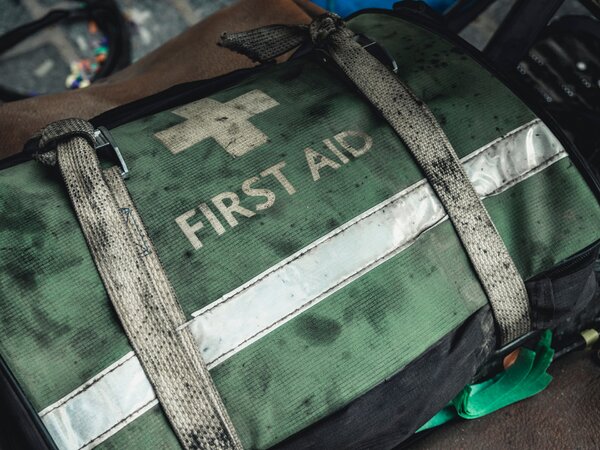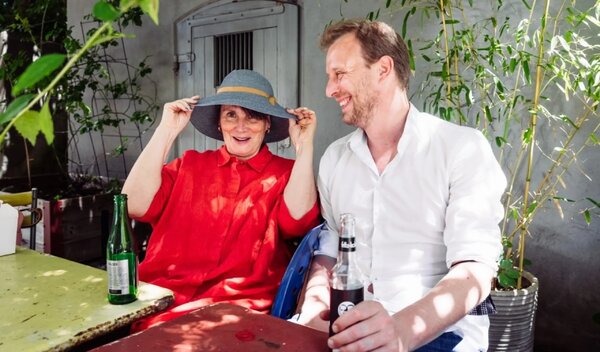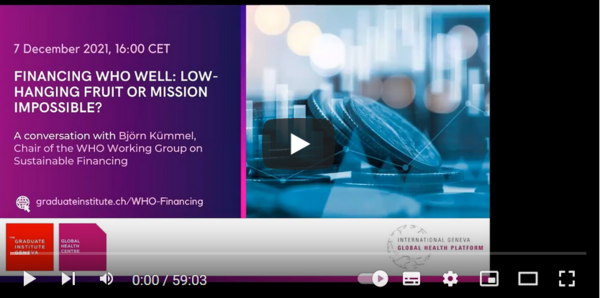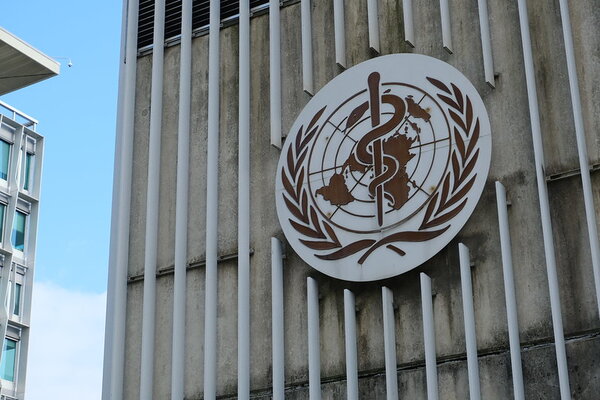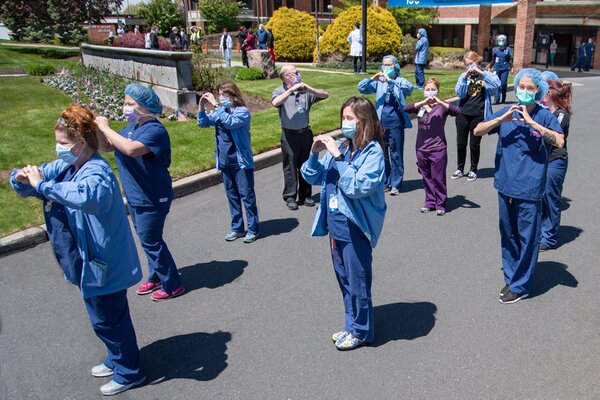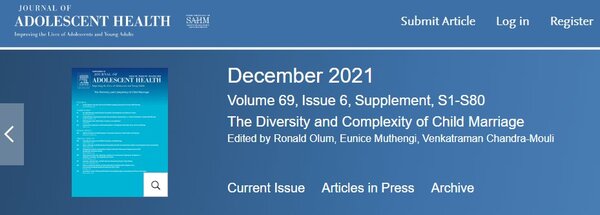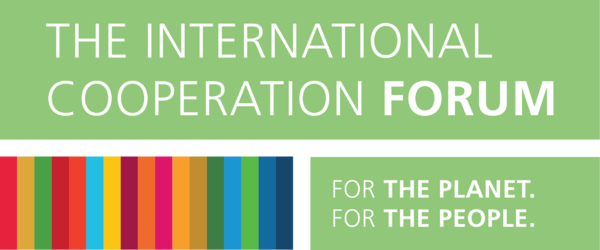Die Zunahme der Krankheitsausbrüche, die sich pandemisch entwickeln können, haben beispielsweise auch mit dem Vordringen der Menschen in bislang noch unerschlosse Gelände zu tun, wo sie in Kontakt mit Wildtieren kommen und damit auch neuen Krankheitserregern ausgesetzt sind. Dieser nahe Kontakt zwischen Mensch und Wildtier ist entweder eine Folge der Klimaverschlechterung oder dahinter stehenden wirtschaftlichen Tätigkeiten, die umgekehrt diese klimatischen Veränderungen vorantreiben.
Soziale Determinanten
Ebenso ist die Fähigkeit mit diesen Krisen umzugehen, weltweit stark von sozialen Determinanten abhängig. Wir hier im globalen Norden können uns immer wieder boostern lassen, während andernorts kaum ein Impfstoff über die Landesgrenze gekommen ist. Wir können unseren Stadtraum grüner und damit verträglicher für die Klimaverschlechterung machen, während für Menschen andernorts nur die Flucht als Option bleibt. Während ein Teil unserer Bevölkerungen im Homeoffice das Leben geniesst, sind andere an der Kasse des Einkaufszentrums dem Virus direkt ausgesetzt oder rackern sich endlos an Covidpatient:innen auf den Intensivstationen ab. Und während es in heissen Sommernächten bei mir dank des Gartens und des Grünraumes abkühlt, bleiben die Temperaturen an sozialen Brennpunkten der Stadt hoch.
Medicus Mundi Schweiz wird sich in diesem Jahr mit den unterschiedlichen Dimensionen dieser Krisen vertieft auseinandersetzen. Was bedeuten sie für die Arbeit in der internationalen Gesundheitszusammenarbeit und wie kann unser Sektor selbst einen relevanten Beitrag leisten, um die durch sie verursachten Emissionen zu reduzieren?
Trotz den ein wenig dystopischen Worten in diesem Editorial wünsche ich Ihnen von Herzen alles Gute im neuen Jahr. Übrigens lag die Temperatur gestern in Basel bei +18°C – der höchste je in einem Januar seit dem Beginn der Messreihen im 19. Jahrhundert gemessene Wert.
Martin Leschhorn Strebel
Netzwerk Medicus Mundi Schweiz
E-Mail


